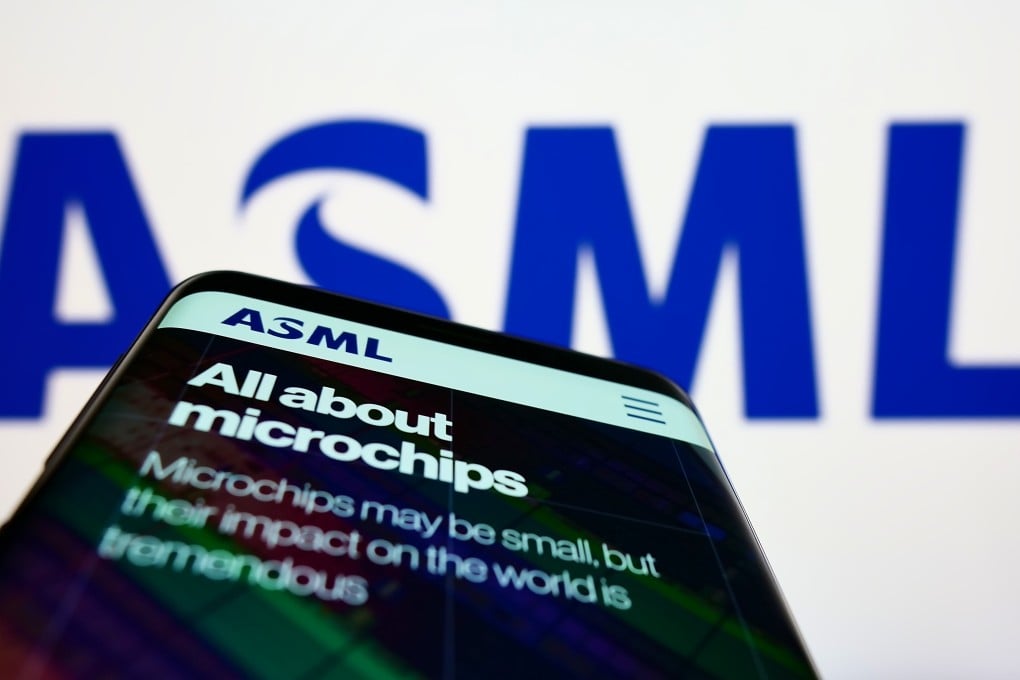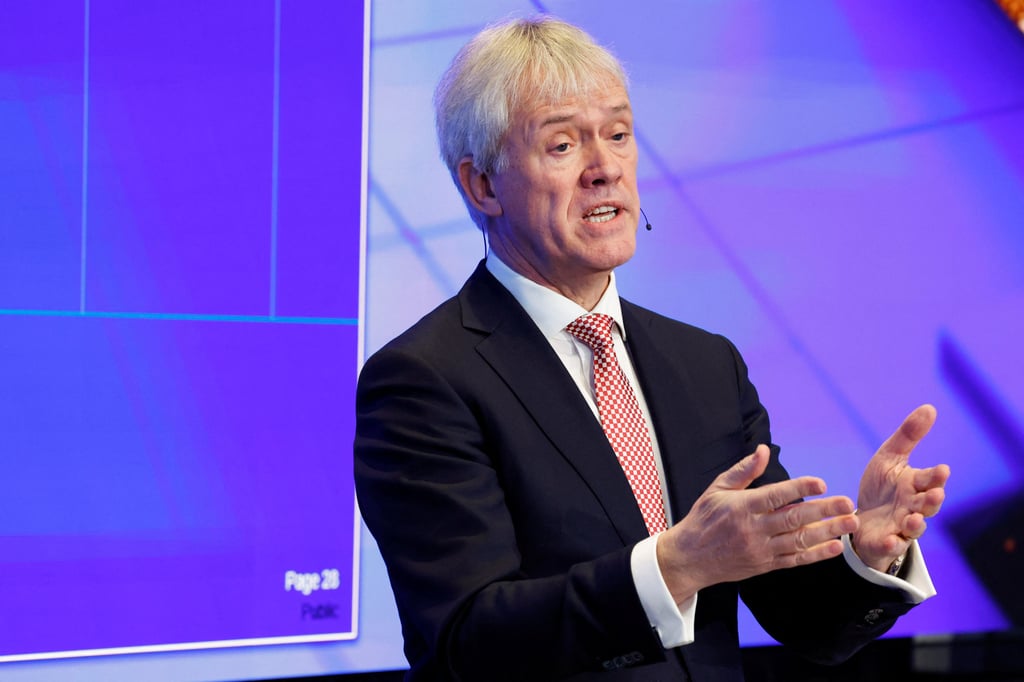Advertisement
Dutch chip equipment maker ASML says ex-employee in China stole proprietary tech data, may have violated export controls
- ASML says it has initiated an internal review after reporting the breach to authorities
- This marks the second time in as many years that ASML has levelled charges against Chinese entities
Reading Time:2 minutes
Why you can trust SCMP
32

ASML Holding, the leading maker of lithography machines for producing semiconductors, said a former employee in China stole data about its proprietary technology and export controls may have been violated as a result.
Based in the Netherlands, ASML said it reported the data breach to authorities and initiated an internal review. It also implemented remedial measures after the incident.
This marks the second time in as many years that ASML has levelled charges against Chinese entities. A year ago, ASML accused a Beijing-based firm of potentially stealing its trade secrets.
Advertisement
It is unclear in the latest disclosure if the data stolen could be employed in developing lithography systems. But the company, which is restricted from selling its most-advanced lithography machines to China, said in its annual report that the theft, which it is still investigating, is not material to its business.

The Dutch company is one of the key players in the rising conflict between the US and China over access to advanced chip-making machines. Washington implemented sweeping restrictions on American companies’ ability to export chip-making equipment in October last year, and has since persuaded the Netherlands and Japan to join the effort.
Advertisement
Advertisement
Select Voice
Select Speed
1.00x